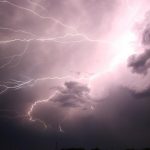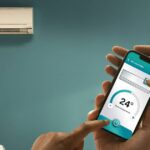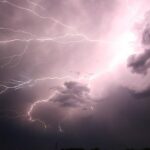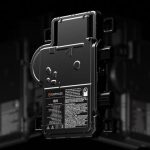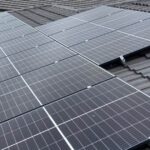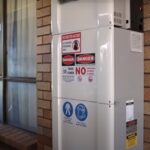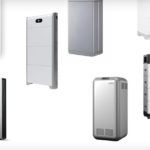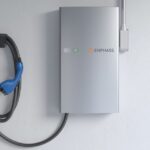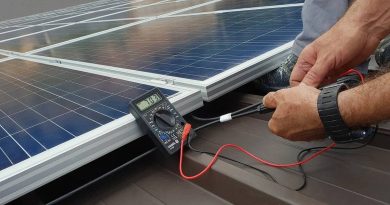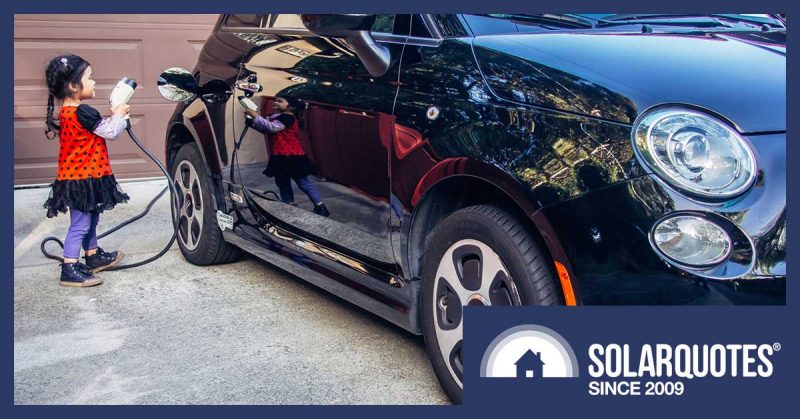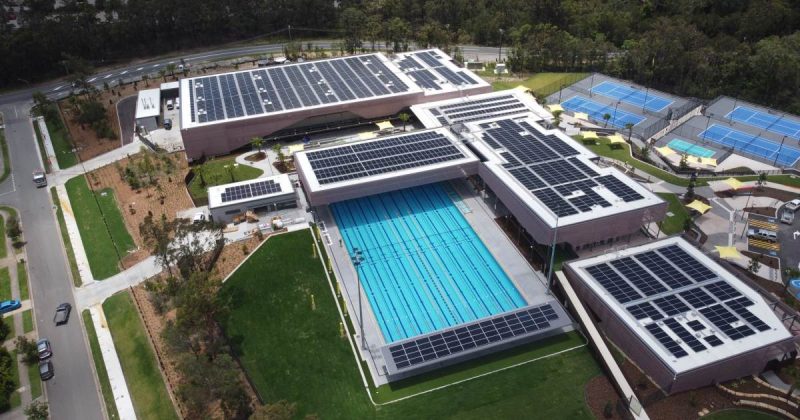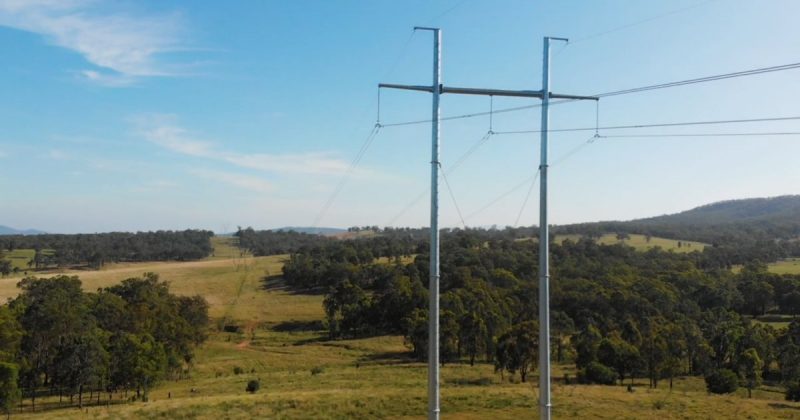Beating Blackouts: 4 Levels Of Home Battery Backup
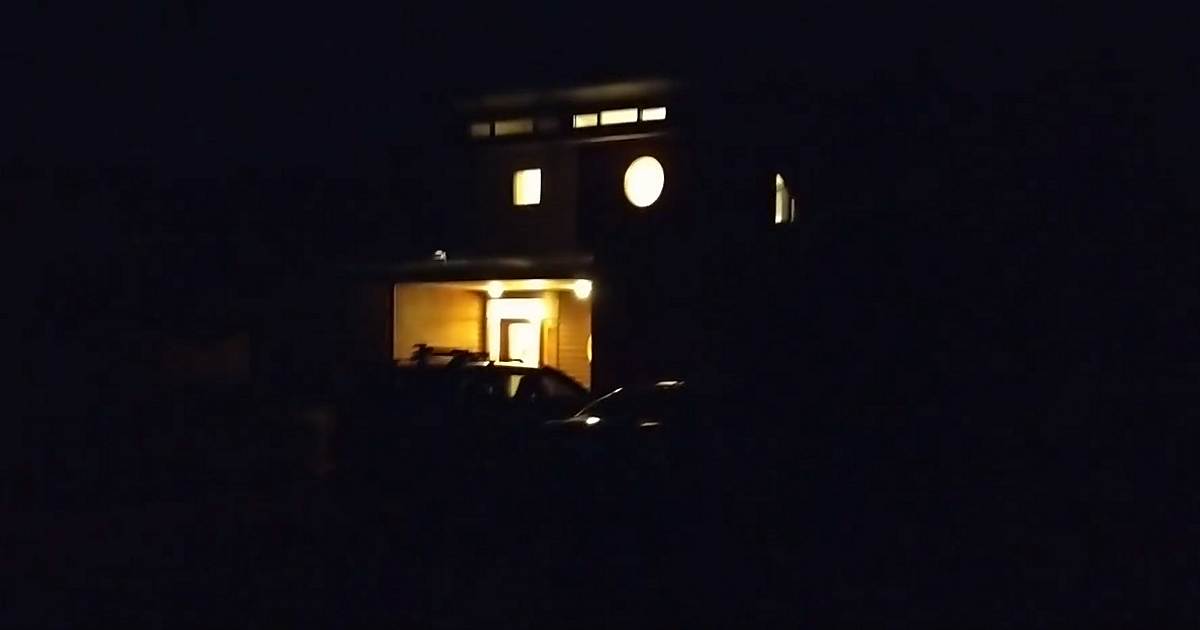
If you have solar panels and are keen on getting a home battery for blackout protection, make sure you get the right one – and it’s correctly installed.
Blackouts in the suburbs of Australia’s major cities are reasonably rare and short-lived – mostly. A recent exception to the rule was/is in South Australia where severe weather has been creating havoc with electricity supplies. Severe weather events are expected to become more frequent and have greater impacts as a consequence of climate change and increasing population1.
It’s understandable some households with solar power systems are thinking more about getting a home battery to protect against blackout situations. But looking at various comments on media coverage regarding SA’s blackouts indicates some home battery owners were shocked to discover their energy storage systems were of no use during the event.
Solar Battery Blackout Capabilities
Seeing the confusion in the past over home backup, SolarQuotes founder Finn Peacock2 put together descriptions of the various levels of battery capabilities. Briefly, the four levels are:
- Level 0 – No backup capabilities whatsoever. In a blackout, you’ll be in the same boat as your neighbours.
- Level 1 – Some backup, but with reduced battery capabilities.
- Level 2 – Provides backup with full functionality; but the battery system can’t charge from rooftop solar panels during the blackout event.
- Level 3 – Full battery functionality, and you can charge your batteries from your solar panels while the mains grid is out of action.
Not understanding or being aware of the differences are among the top mistakes when buying a home battery.
But even with an energy storage solution capable of “Level 3” backup, care should be taken in how it’s implemented and used. What’s known as “whole of house” backup can be problematic if you’re not aware a blackout has occurred and using electricity per normal; draining the battery faster than you otherwise might.
In the scenario of a blackout that starts during the day – and if it’s a day where conditions for solar energy generation haven’t been great – a household could find itself also in the dark at night. This is why it can be wise to only have the backup powering important circuits.
As home energy storage is a big financial outlay and a purchase you’ll be living with for a long time, it’s important to know exactly what capabilities a battery has in a blackout situation and that the prospective supplier/installer understands your requirements. This should all be in writing as part of a contract.
Learn more about the 4 levels of home battery backup and what you should be asking for, plus other important advice on buying a home battery. Additionally, SQ’s popular solar battery comparison page identifies home energy storage solutions that are “off-grid capable”.
If you’re looking for installers who know their stuff and can help you keep the lights (and other appliances) on during a blackout event, SQ can help with solar/battery quotes.
Footnotes
Original Source: https://www.solarquotes.com.au/blog/home-battery-blackouts-mb2722/



